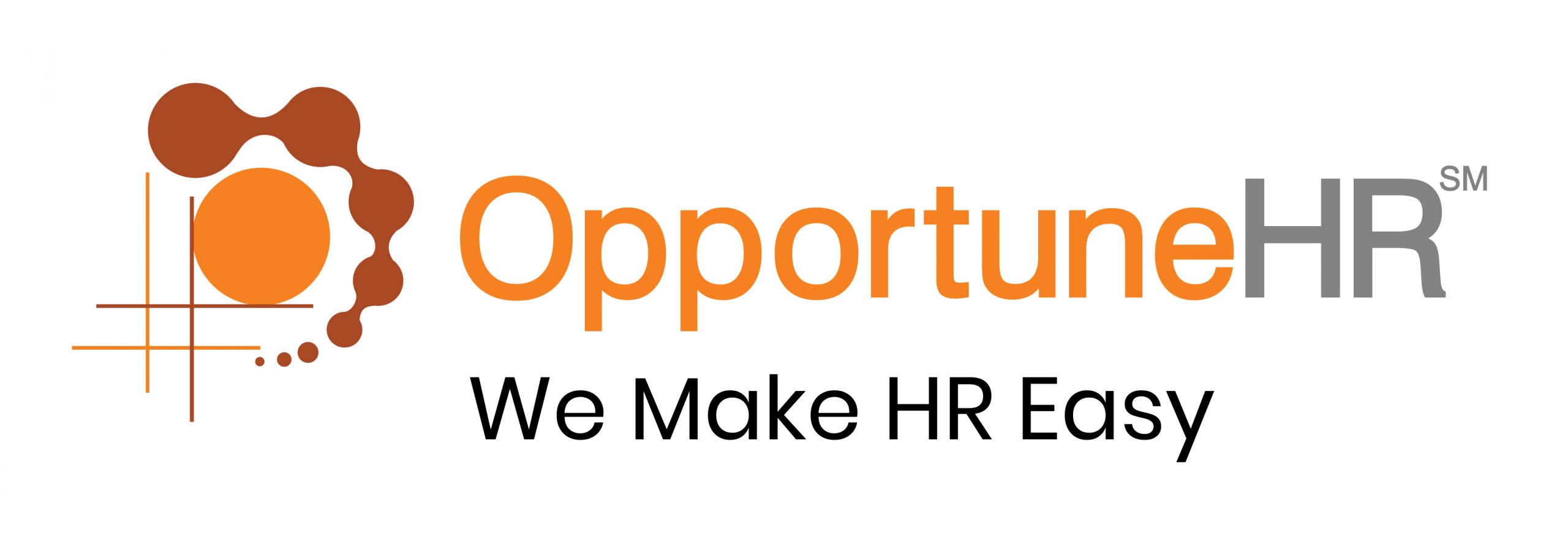Diagnostic centres are under huge pressure to deliver. The demand for services is high due to the pandemic. It is not just a business but a responsibility to handle the mounting pressure well.
Many clinicians and workers on the field are working round the clock to perform the collection service. Beyond their ordinary work limits.
As the diagnostic labs are upping their customer service, HR in these organisations are also taking on bigger responsibilities.
Managing the budgeting, planning and attendance and payroll is a must, while taking care of the employees’ safety and protection as they are on the frontline meeting people, contacting patients all the time.
The industry is surely looking for HR automation solutions.
So, are any standard HRMS good enough?
The answer is emphatic-NO.
Because, the healthcare norms and documentation are so stringent it needs an HRMS platform specially created for diagnostic centres.
So, what should you look for in an HRMS solution for your diagnostic chain or independent healthcare centres?
The HRMS should be able to take care of legal documentation which is a must in diagnostic centres.-
It requires an HRMS which is designed to handle the challenges of handling and documenting medical code of conduct, indemnity bond, and retainer fees. Which are important and must be tracked, maintained, and updated continuously.
The HRMS platform should demonstrate the capability to handle a diverse workforce in the diagnostic industry.
The diagnostic industry employs a wide range of roles, from expert doctors, clinicians, and visiting consultants to blue-collar support staff.
A high level of configuration of attendance and payroll rules for these roles is a must.

The HRMS should be able to address Healthcare Compliance Management:
Do look specifically, if the HRMS platform can perform payroll generation, payment advice and taxation as per the type of employment. As, the compliance guidelines for doctors, clinicians, lab assistants and support staff vary to a great extent.
Seamless data update from retail centres:
Employees working in retail lab units don’t generally have access to the corporate systems. This results in delayed updates of data, especially from remote outlets. The task of follow up and consolidation of all this data becomes even more cumbersome for the HR in diagnostic chains.
Attendance Capturing of Technicians on the Ground:
It’s difficult to capture the attendance of technicians who move around to serve customers at home and coordinate with different doctor clinics, hospitals and franchisee units for sample collections, and on-the-spot tests and checkups.
Analytics:
It’s critical to know the lab-wise cost analysis of human resources in a diagnostic chain. An HRMS software that can perform well on this front is crucial.
Sourcing and retaining talent
It is extra difficult in the health sector as the doctors, and also workers must have certain certifications and qualifications. So, the available human resources are limited in comparison to other industries.
The onboarding process and documentation involved is not an easy task. Manually, it is prone to errors. Even standard general-purpose HRMS aren’t sufficient for these requirements.
OpportuneHR is the HRMS for the Diagnostic Industry!
While most standard HRMS solutions can handle general attendance, payroll and leave management scenarios, Opportune goes the extra mile. it is designed with the capability to handle the diagnostic centre HR challenges–
- With OpportuneHR, the HR managers in diagnostic labs are fully in control, as it is possible to generate, share and store detailed medico-legal documents within the HRMS.
- OpportuneHR is designed to handle complex HR scenarios. Its powerful rule engine helps the HR team to map the labs with locations, doctors, technicians and cost centres.
- Our deep automation design makes it easy to configure and generate playsheets and payment advice for all kinds of employment types–Doctors, clinicians, technicians, and support staff.
- Mobile app for field staff to mark their attendance. Even if they are in a weak internet zone, they can mark their attendance on the OpportuneHR mobile app.
- Even labs and collection centres in remote places work seamlessly with the HRMS platform. So, it is all in sync.
To Conclude: Standard, general-purpose HRMS aren’t good enough for the Diagnostic industry. It needs a specialised HRMS system. OpportuneHR passes the stringent test. It is proven and tested in the diagnostic and healthcare industry. Apart from regular HR functions, it takes care of all the challenges posed by medico-legal scenarios.
With OpportuneHR the HR team in diagnostic labs are in good control, as It’s no more cumbersome to track licences and certifications of doctors, clinicians and technicians.








